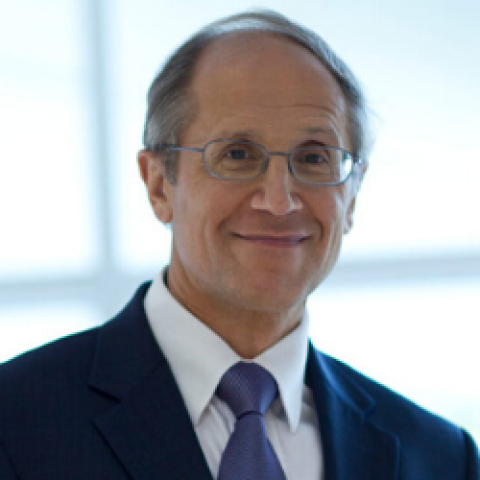On Friday, Dec. 3, I presented a town hall to faculty and staff on the State of the School of Medicine. I would like to briefly summarize that conversation and provide a link to the webcast for your review.
Thank you to the 60 or so people who joined us in person and the more than 200 who participated by webcast. I enjoyed noting faculty and staff awards, grants and major collaborative interactions and the active question and answer period at the end of the session.
A State of the School presentation is both a report, a report card and an anticipation of our future direction and priorities. I want to reinforce a few of the key points from the town hall.
First, we have a remarkable faculty of medicine across five campuses with an education site at the Health Education Campus. Our mission and vision help us prioritize efforts to bring discoveries to benefit patients and population efforts that reduce adverse health challenges here and across the world. In many ways, each of us contributes to this mission, and with the depth of expertise amongst our faculty, we are an amazing powerhouse.
We benefit from what some of us like to term "better together" through collaboration across our five campuses. I want to emphasize the six areas that I feel most reflect our coordinated collaboration, which are well-known to all of you.
- The Case Comprehensive Cancer Center recently received a two-year extension because of the exceptional merit rating the center received over a 10-year period. We will soon begin a search for a new director.
- The Clinical Translation Science Collaborative (CTSC) will apply for its five-year renewal in May 2022. Under a new organizational structure across our five campuses and new leadership, it will have an increased focus on how community increases the impact of our research.
- Our Brain Health Consortium is an example of a broader research effort across our five campuses. I've been delighted by the interest and amazing capacity for research in neurodegeneration, Alzheimer's disease, vision research, brain tumors, deep brain stimulation, rehabilitation medicine and cognitive and mental health disorders. I want to help organize and support resources to move forward even greater advances in population and patient impact in these areas.
- Cell and gene therapy organized under the National Center for Regenerative Medicine is another amazing collaborative effort with new expansion capacity in facilities being built on the MetroHealth and Cleveland Clinic campuses. Our efforts will be broadened and complemented with the expansion of the Wesley Center for Immunotherapy at UH Seidman Cancer Center.
- Our population and urban health research and education programs are quite remarkable and diverse. With interest across our university, I look forward to expanding this area of research and education beyond the school of medicine in collaboration with the Mandel School of Applied Social Sciences, the School of Law, Cleveland State University and the Cuyahoga County Board of Health. It is time for our research to impact our community and this is the way to do it.
- Finally, our commercialization and innovation efforts have had a remarkable year with two major licensing deals and awards, as well as anticipation of a number of clinical trials coming forth from our discoveries. With efforts by the university to reorganize the offices of technology transfer and greater attention by our faculty, I look forward to more of us participating in invention disclosures, patent applications leading to licensing deals and participation in new company formation with support of renovated incubator space laboratories.
Each of these areas aligns with the priorities outlined in the school’s strategic plan. The recently updated strategic plan will be revised over the winter months. Should you have suggestions, now is the time to read the plan and advise me so that I can share your suggestions with our faculty leaders across our five campuses.
On Friday, I also highlighted additional initiatives, including climate change research, expansion of our master's and other education programs and continued innovation in our approach to medical graduate and master's education.
As we emerge from the current COVID-19 partial shutdown and preoccupation with our next booster shot, I encourage you all to think forward, assemble your ideas, expand your portfolio and collaborations and think about your next innovation in either education or research.
And that is the State of the School.
Thank you,
![]()
Stan Gerson, MD
Dean and Senior Vice President for Medical Affairs
School of Medicine, Case Western Reserve University
Director, Case Comprehensive Cancer Center (acting)
Director, National Center for Regenerative Medicine


